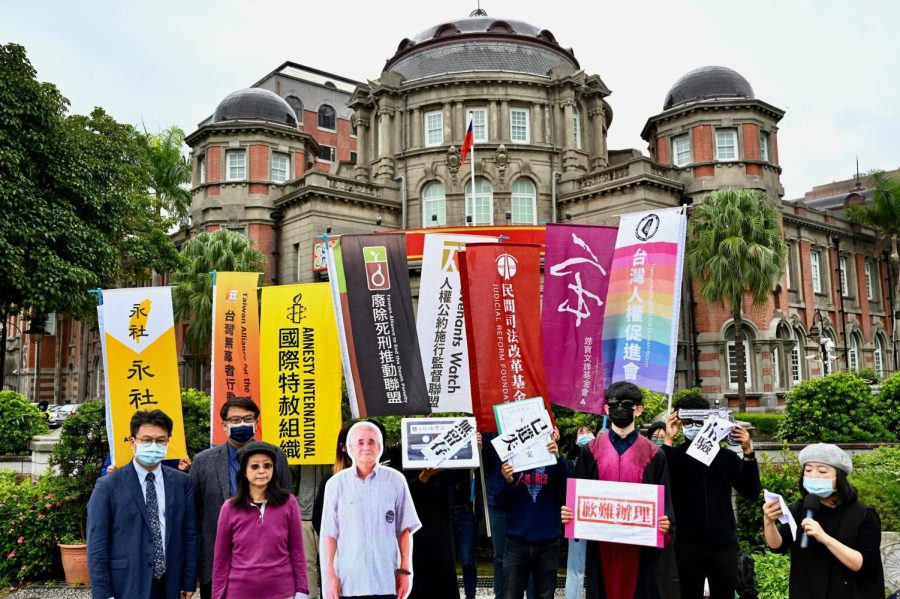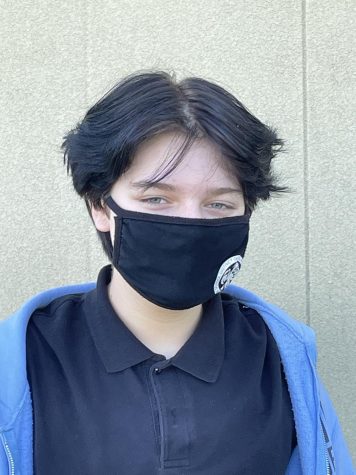Taiwanese Death Row Case Causes a Focus on Capital Punishment
People in Taiwan protesting against the death penalty.
January 10, 2022
Wang Xin-fu among 38 inmates in Taiwan was awaiting execution. He was proved innocent and wrongly convicted of murdering a policeman in 1990. Wang Xin-fu served 19 years in prison before proven innocent due to lack of evidence. He was originally a suspect and was classified as a “thug” by the government. Now that he is free, people are questioning capital punishment and the death penalty.
Right leaning groups in Taiwan are making a stand to abolish death row. Hsieh campaigns are saying that this case proves that the capital punishment system is fallible due to the lack of evidence. Throughout the years there has been arguments about how the government punishes criminals, this has brought the problem to light.
The death penalty has been in practice since the Eighteenth century, B.C., and people are sentenced to death row when all the juries agree to sentence the convict. There are many ways that the death penalty is executed: gunshot, lethal injection, and even electric chair. People have been for and against the death penalty for years now; some say it is fair, a life for a life. But others argue that the death penalty is killing innocent people.
These groups are now pointing to another case that occurred in 2012, when a court quashed the convictions of three men sentenced to death over the murder of a couple two decades ago. If those convictions weren’t rejected the men would’ve been murdered. “The government thinks carrying out executions is the will of the people, but does that really solve the problems?” Hsieh told reporters. Today the death penalty is still popular in Taiwan with 185 inmates killed and about 2,000 people still awaiting execution.


